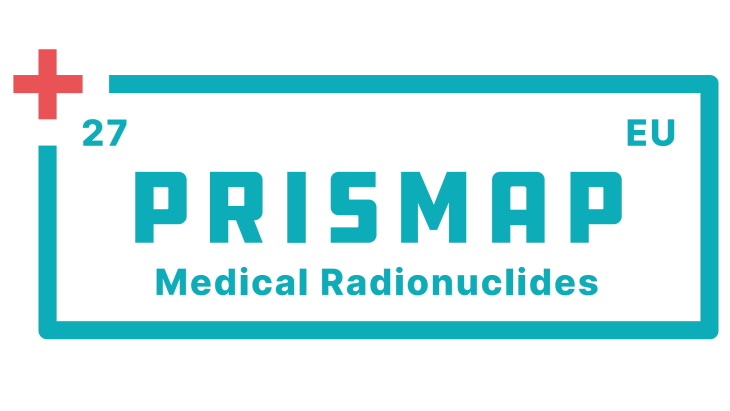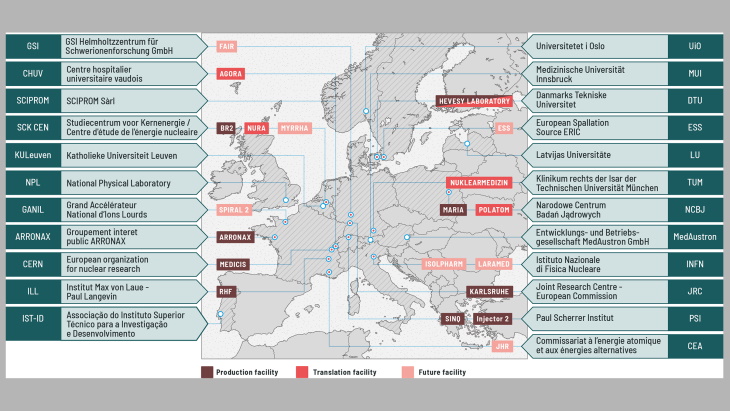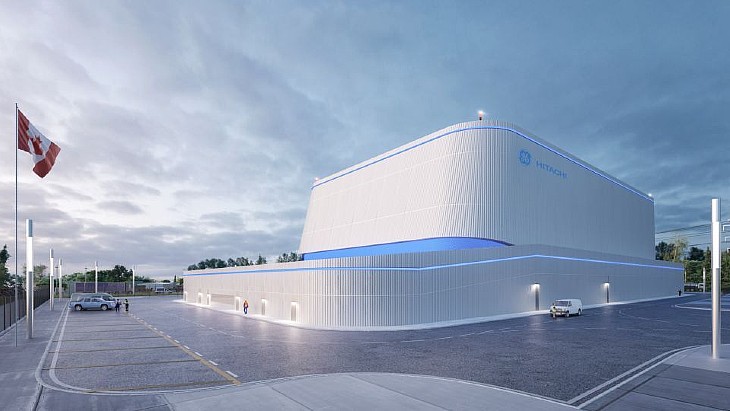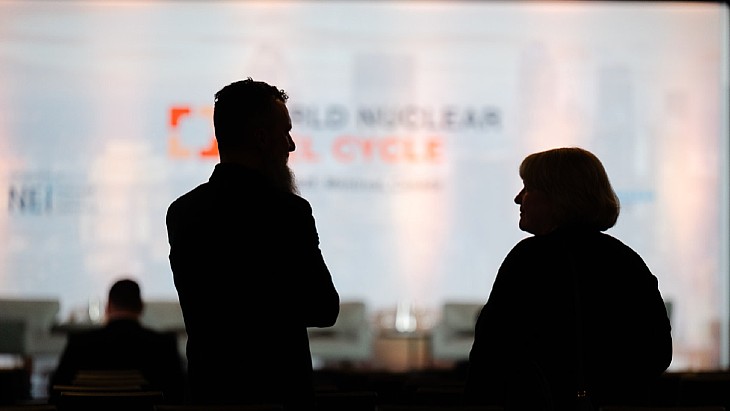European medical isotope network launched

"One of the main limits to the development of novel radio-medicinal products is the access to radionuclides during the development and early biomedical research phases," PRISMAP said. "Within PRISMAP ... we aim at enabling this development phase by providing access to novel radioisotopes of high-purity grade for medical research."
PRISMAP federates a European consortium of the key intense neutron sources, isotope mass separation facilities and high-power accelerators and cyclotrons, with leading biomedical and healthcare research institutes in the active translation of the emerging radionuclides into medical diagnosis and treatment. PRISMAP said it creates a single entry point for a "fragmented user community" distributed amongst universities, research centres, industry and hospitals, in a similar way to how the National Isotope Development Center, supported by the US Department of Energy, has provided radionuclide sources for users in the USA.
The PRISMAP consortium comprises 23 partners including nine major EU, national or regional and four emerging "infrastructures", as well as top-level research centres, hospitals, the European Joint Research Centre and one SME. The PRISMAP partners come from 13 different countries: Austria, Belgium, Denmark, France, Germany, Italy, Latvia, Norway, Poland, Portugal, Sweden, Switzerland and the UK, under the coordination of CERN, the European Laboratory for Nuclear Research.

A map showing the consortium members (Image: PRISMAP)
"The PRISMAP consortium brings together a set of key large European, national and regional production infrastructures, chosen specifically for their expertise in the production and dispatch of non-conventional radionuclides," PRISMAP said. "The research centres and hospitals of PRISMAP all demonstrate key competences in translational research and are crucial to foster a new research era based on emerging medical radionuclides. Importantly, as the PRISMAP community grows and strengthens along the years, options are provided to include new translational research centres as well as emerging production facilities once operational."
Through the PRISMAP consortium, development towards the upscaling of the production of new radioisotopes will be investigated, in the form of novel production technology, new purification methods, and proof-of-concept investigations showing the development of new treatments from test bench to patient care.
Access to radioisotopes and associated facilities will be granted on an "excellence selection basis", by applying for access to radioisotopes and, if necessary, to the complementary biomedical facilities, via an online access platform. A selection panel consisting of experts in the fields of radioisotope production, molecular imaging and radionuclide therapy will select the best projects from the applicants. The first call for proposals will be launched before the end of this year for applications in the first quarter of 2022.
PRISMAP noted: "Novel facilities are on the horizon, such as the Jules Horowitz Reactor in CEA Cadarache (France), the ISOL@MYRRHA mass separator facility at SCK-CEN (Belgium), the new SPES accelerator complex in the INFN's Legnaro National Laboratories (Italy), the European Spallation Source in Lund (Sweden), and finally both the new SPIRAL2 facility at GANIL (France) that has recently accelerated its first beams and the FAIR facility in GSI (Germany) which construction is progressing. Those new facilities will directly benefit from the findings within PRISMAP towards increasing the production capacity across Europe."
It said new data will be generated and compiled towards the immediate and smooth adoption of the novel radioisotopes in medical environments though collaboration between research hospitals and metrology institutes (such as the UK's National Physical Laboratory). All the new findings will be used towards creating new teaching material for professionals in the various fields of this multidisciplinary domain, as well as for training the next generation of professionals and advising the European Commission on these emerging radioisotopes.
This PRISMAP project - which started on 1 May and will run until 30 April 2025 - has received funding of almost EUR5.0 million (USD5.8 million) from the European Union's Horizon 2020 research and innovation programme.










_50521.jpg)

